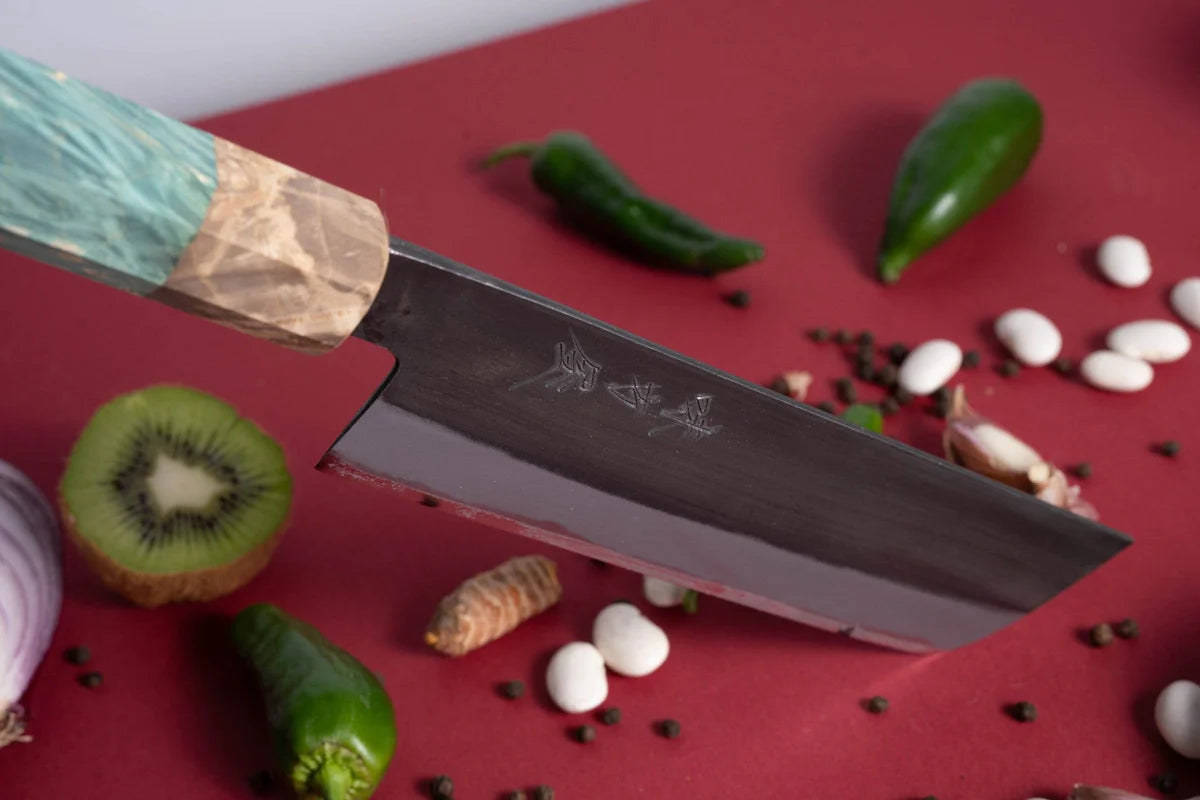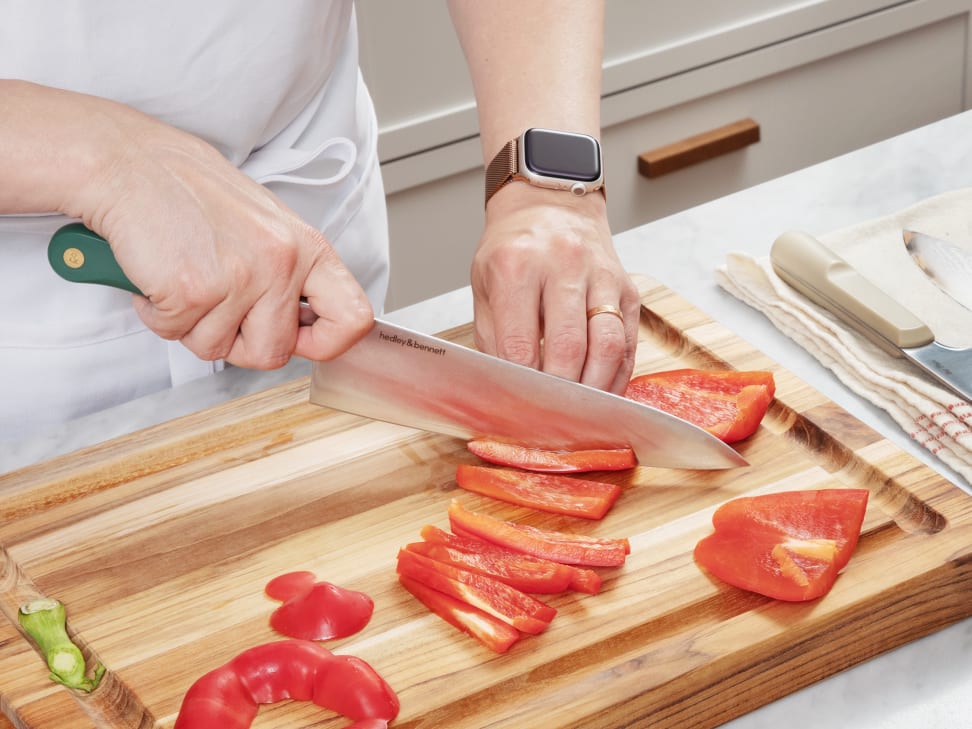For professionals in the culinary world, knives are not just tools; they are extensions of their craft. One question that often arisesespecially for those delving into Japanese culinary traditionsis, what is a Japanese chef knife called?. Japanese chef knives have gained legendary status for their precision, durability, and artistry. But to truly understand these masterpieces, we must examine their origins, types, and uses.

Understanding the Basics of Japanese Chef Knives
Before exploring the specifics, lets first address the quintessential question. A Japanese chef knife is commonly called a gyuto. The term gyuto translates directly to cow sword, alluding to its historical use in slicing large cuts of beef. This all-purpose knife is their counterpart to the Western chef knife but is designed with key differences that cater to the needs of precision-focused cooking techniques.
However, there are also various specialized knives within the expanse of Japanese cutlery, such as the yanagiba, deba, and usuba. Mastering these names and their applications will help elevate your understanding of Japanese culinary artistry.
Japanese Craftsmanship: How It Shapes the Best Knives
One of the reasons professionals seek out Japanese knives is the unparalleled craftsmanship. Centuries of sword-smithing tradition have imbued modern knife-making with techniques that prioritize sharpness, edge retention, and balance. Each knife undergoes meticulous forging and finishing, often involving layered steel or Damascus-style blades.
Types of Japanese Chef Knives Every Professional Should Know
Knowing what is a Japanese chef knife called is just the beginning. As a kitchen professional, familiarizing yourself with specific types can revolutionize your workflow.
- Gyuto: As mentioned earlier, this all-purpose knife is akin to a standard Western chef knife but with a lighter, sharper edge.
- Yanagiba: A long, slender blade ideal for slicing sushi and sashimi.
- Deba: A thicker, more robust design, used for cutting through fish or meat with bones.
- Usuba: A vegetable knife designed for thin, precise cuts, essential for professional-grade garnishes and presentation.
Why Are Japanese Chef Knives Preferred?
The popularity of Japanese chef knives among professionals largely stems from their meticulous engineering. They allow chefs to create precise cuts with minimal effort, reducing fatigue during prolonged use. Moreover, the knives are lighter in weight compared to their Western counterparts, making them more agile in various cutting techniques.
Another key reason is their sharpness. Japanese knives often feature a single-bevel edge, as opposed to the double-bevel found in most Western styles, allowing for razor-sharp precision. You can read more tips on why knife sharpness matters on this guide.
How to Care for Your Japanese Chef Knife
Investing in a Japanese chef knife requires understanding how to care for it properly. Sharpness and longevity depend on routine maintenance. Some practical steps include:
- Handwashing the knife and drying it immediately to avoid rust.
- Using a wooden or plastic cutting board to minimize blade damage.
- Honing the blade regularly to maintain its edge.
- Periodic sharpening techniques, detailed in this helpful guide from Knife Care Tips.
What to Look for When Buying a Japanese Chef Knife
Quality is non-negotiable when selecting a Japanese chef knife. Begin by assessing factors such as steel type, handle design, and whether the edge is single or double-bevel. Brands like Shun, Yoshihiro, and Global are renowned for their high-quality offerings.
If budget allows, investing in hand-forged knives, often crafted by master blacksmiths, can make a world of difference in terms of performance and durability. Consult curated lists and comparisons to guide your decision-making. You can find more info on types of knives here: Types of Kitchen Knives Guide.
FAQ Section: Answering Your Questions
-
Q: What is the most versatile Japanese chef knife?
A: The gyuto knife is considered the most versatile, suitable for slicing, dicing, and chopping a wide range of ingredients.
-
Q: Are Japanese chef knives worth the investment?
A: Absolutely. Their precision, craftsmanship, and longevity make them indispensable for serious kitchen professionals.
-
Q: How do I maintain the sharpness of my Japanese chef knife?
A: Regular honing and appropriate sharpening methods, such as using whetstones, will keep your knife in top shape.

Conclusion
Understanding what is a Japanese chef knife called is just the tip of the iceberg for culinary professionals. Mastering this knowledge, alongside proper care and selection, can elevate not just your cooking experience but also the quality of every dish you prepare. Whether you're drawn by its precision or its rich cultural heritage, one thing is certain: Japanese chef knives are indispensable in any professional kitchen.
This article contains affiliate links. We may earn a commission at no extra cost to you.


























